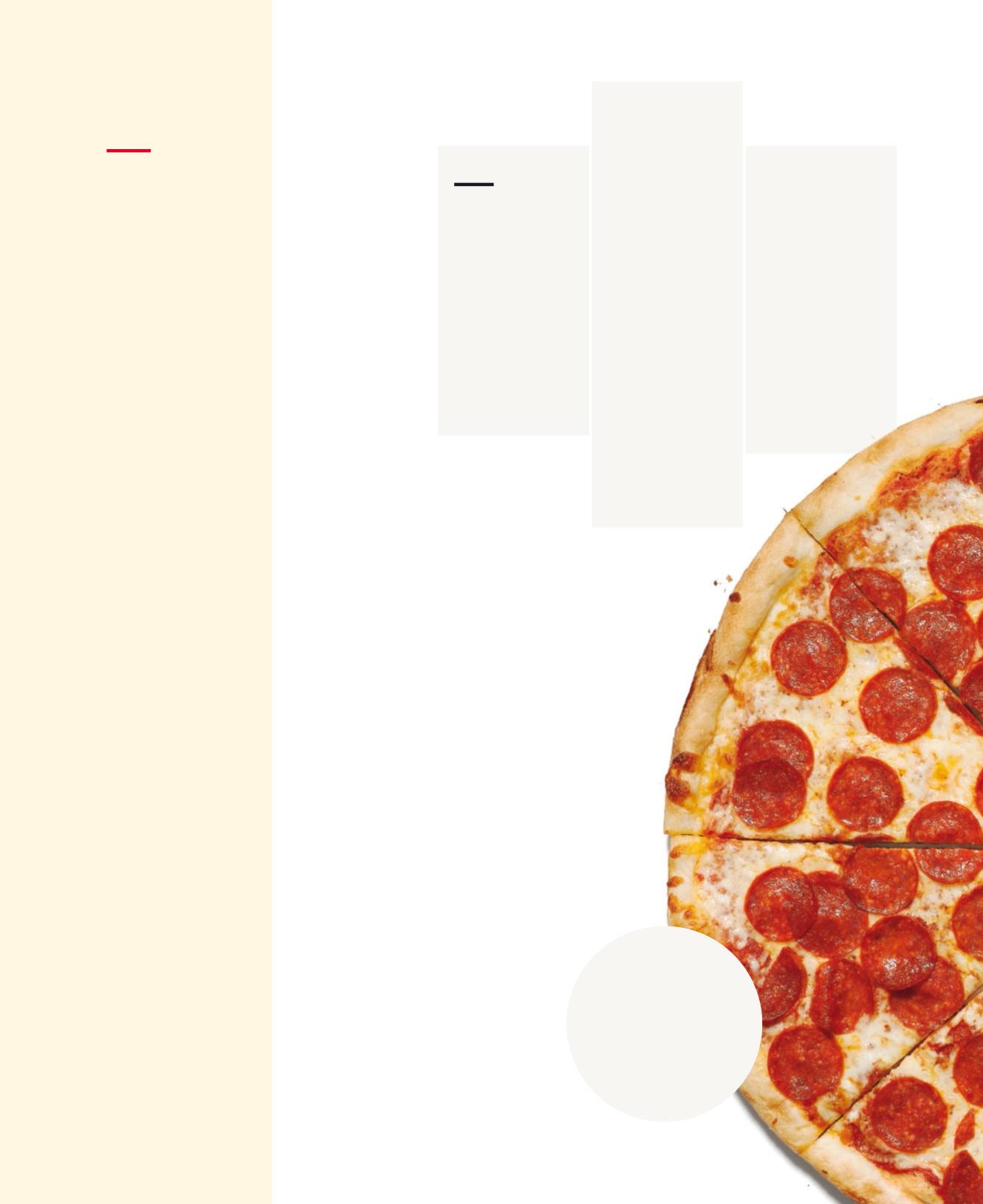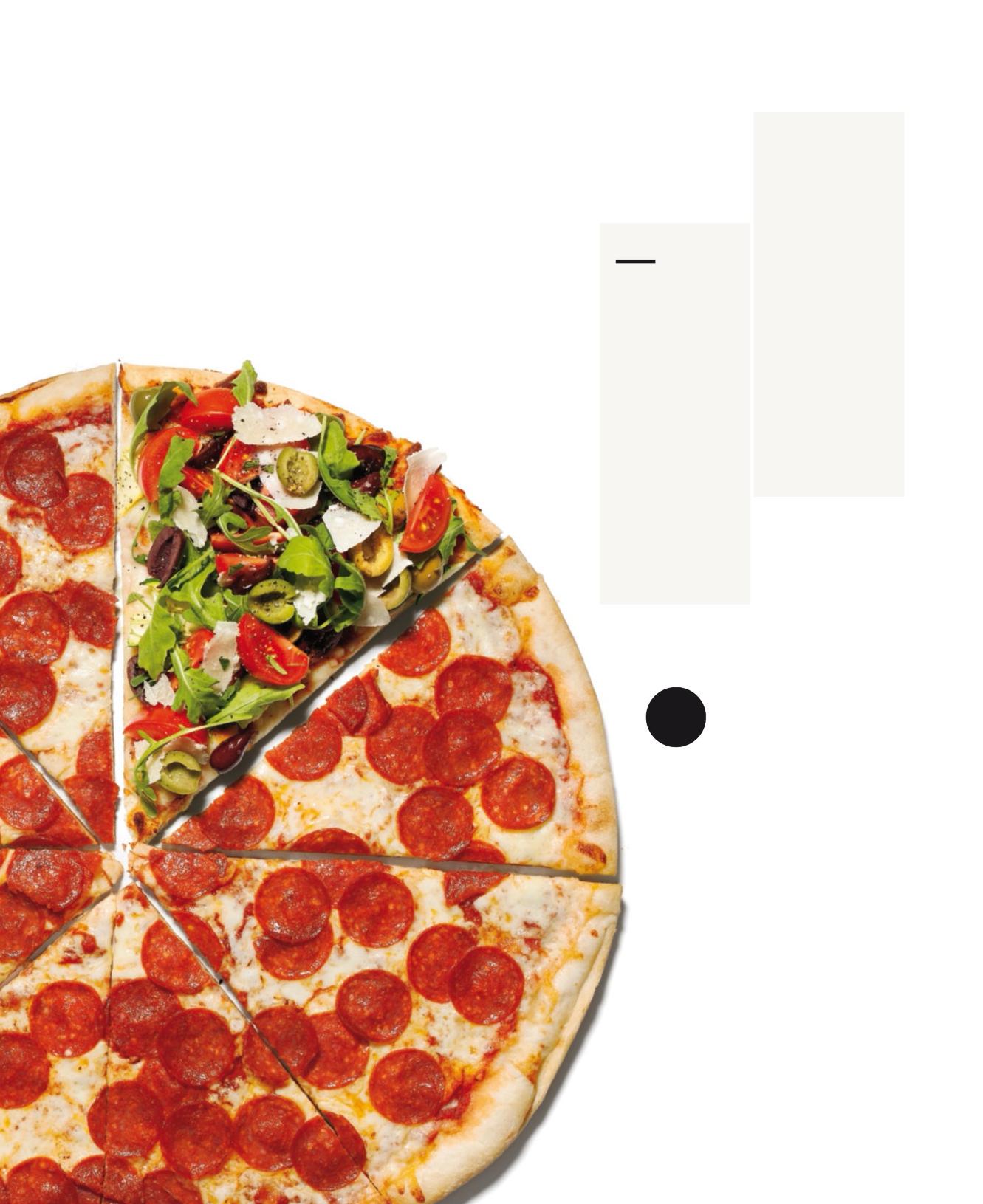
4 minute read
WORK & MONEY
INSTEAD OF AUTOMATICALLY PICKING UP THE WORK-CELEBRATION CUPCAKE THAT DOESN’T EVEN TASTE GREAT, PAUSE TO THINK: DOI EVEN WANT THAT?
TALKTOYOURSELF
Advertisement
Ask, Does it taste good? How hungry am I? “We often eatwhatever is in front of us,” says Linda Bunyard,a registered dietitian at theJohns HopkinsWeight Management Center, in Baltimore. “We can avoid a lot of unwanted calories by becoming aware of our tendencies and cutting back on some of the unnecessary eating.” And say no entirely to food that’s just plain unsatisfying. (Stale. Movie. Popcorn.) “Haveyou ever eaten just because everyone elsewas?” asks Bunyard. “Or because foodwas right there in front ofyou? Break this habit.You have only a limited number of calories to spend in a day, so save them for theyummiest ones.”
No. 4
FORGET WHAT YOU’VE HEARD ABOUT THE SCALE
Conventional wisdom dictates that you shouldn’t weigh yourself too often. The assumption: You risk being discouraged by frequent fluctuations due to water retention or undigested meals. But people who weighed themselves every day lost more weight—and kept it off more successfully— according to a study published last year in Journal of Obesity.
“Stepping on that scale affects your decisions through the 24 hours that follow,” says David Levitsky, Ph.D., the lead study author and a professor of nutrition and psychology at Cornell University. In other words, that A.M. reality check might remind you to choose a salad instead of mac and cheese come lunchtime. As for those daily fluctuations, Levitsky suggests recording your weight each day (paper and pen work just as well as an app) and noting long-term patterns instead of daily numbers.
No. 6

SIT DOWN
You might think that you’re being a multitasking hero, eating breakfast in the car or grabbing a handful of pretzels on your way to a meeting. But even if the food is healthy, it could be sabotaging your diet. That’s because eating on the go is a form of “mindless eating” and can result in consuming more calories later in the day, according to 2015 research published in Journal of Health Psychology.
Study participants who ate a cereal bar while walking ate five times more chocolate in a subsequent taste test than did people who socialized (and sat) while eating. The on-the-go group also consumed more than did a third group, who watched a fiveminute clip of Friends. Eating in front of screens is mindless eating, too, but moving may be particularly distracting—and could even make you think that you’re burning calories.
The solution: no more eating and running. “Tell yourself, ‘This is a meal,’ ” says Jane Ogden, Ph.D., the lead study author and a professor of health psychology at the University of Surrey, in England. “And make sure that you take this time out so you will remember you have eaten and will be less tempted to snack later on.”
5
TRY THE GOLF-BALL TRICK
Leave about one-quarter ofyour normal serving offyour plate for every food at every meal for two to three days.Then, asyou’re eating, leave two tablespoons of every food (roughly the size of a golf ball) onyour plate. “Thirty minutes after each meal, ifyou remember, check to see ifyou’re hungry,” says Bunyard. “Ifyou don’t remember to do this,you are probably not hungry.” Finally, she suggests, “check again at the end of the day. Areyou still physically hungry? Most of uswill find thatwe are satisfied with smaller servings.”
WHEN ITCOMES TO MINDLESS EATING, NOTALL TV IS CREATED EQUAL: PEOPLE ATE 98 PERCENT MORE SNACKS WHEN WATCHING AN ACTION PROGRAM COMPARED WITH A TALK SHOW IN ONE CORNELL UNIVERSITY STUDY.
7
EAT VEGETABLES FIRST
The key is to put an unprocessedvegetable on your plate and consume it before any other type of food hits the table at both lunch and dinner, says Traci Mann, Ph.D., a professor of social and health psychology at the University of Minnesota, in Minneapolis, and the author of Secrets From the Eating Lab. Her research shows that this leads to eating fewer calories. “At the beginning of a meal, you’re most hungry andyou’re most likely to eat something thatyou don’t like as much,” she says. No. 8

SETTHE ALARM (TO SLEEP)
You’ve probably heard that there’s a serious connection between sleep and weight. Serious is right: Losing just 30 minutes of sleep on weeknights can lead to long-term weight gain in adults, accordingto preliminaryfindings presented at the annual meeting of the Endocrine Society last year. So if you can’t commit to gettingthe recommended seven to eight hours of sleep, aim to clock just a little extra each night. “If you can get an extra half hour, that’s better than none at all,” says Philip Gehrman, Ph.D., an assistant professor of psychiatry and a sleep researcher at the University of Pennsylvania (who wasn’t involved in the study).
If setting the alarm clock 30 minutes later during the week isn’t an option, try this trick: Set an alarm clock to remind yourself to go to sleep, says Gehrman.

